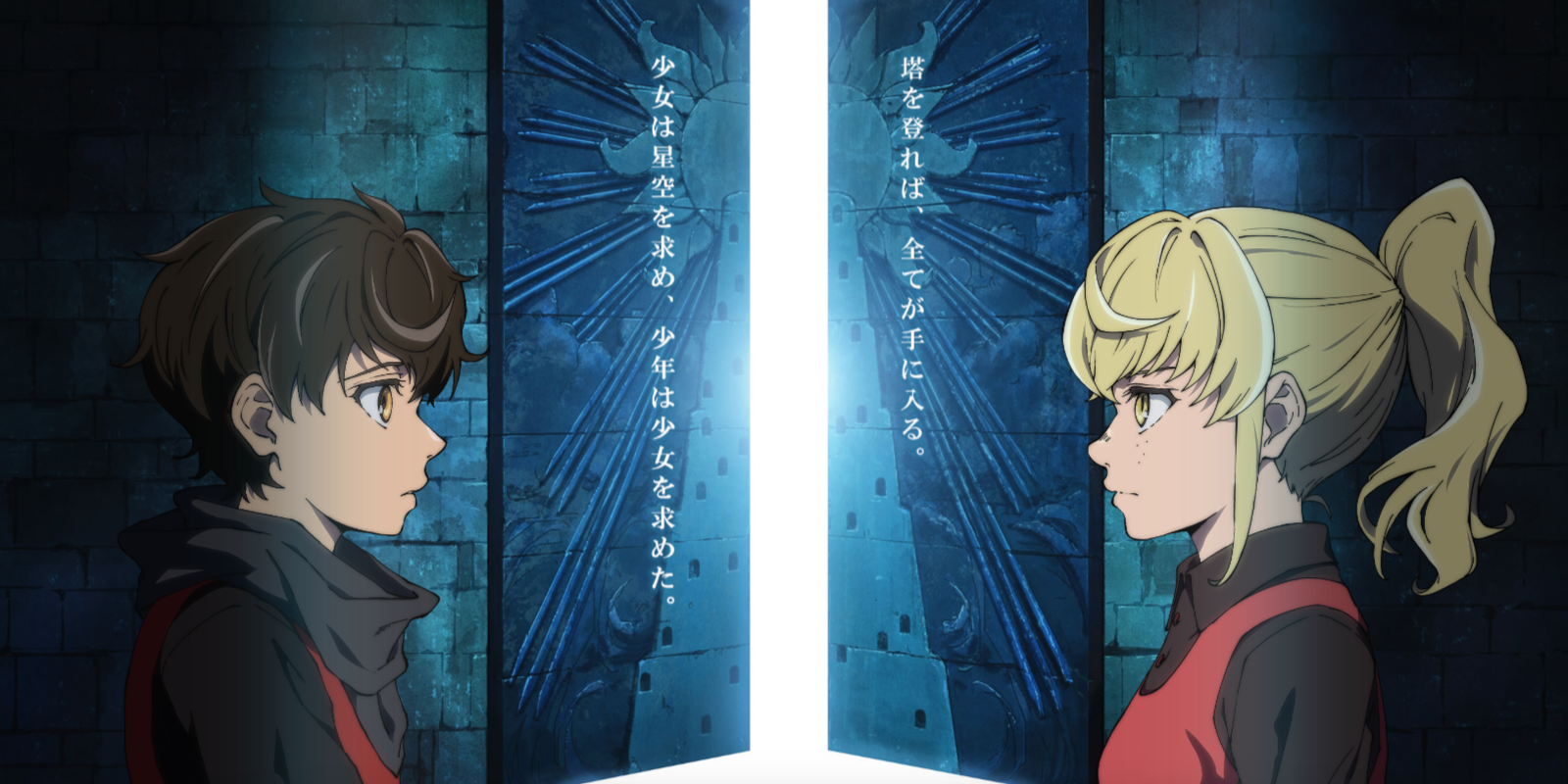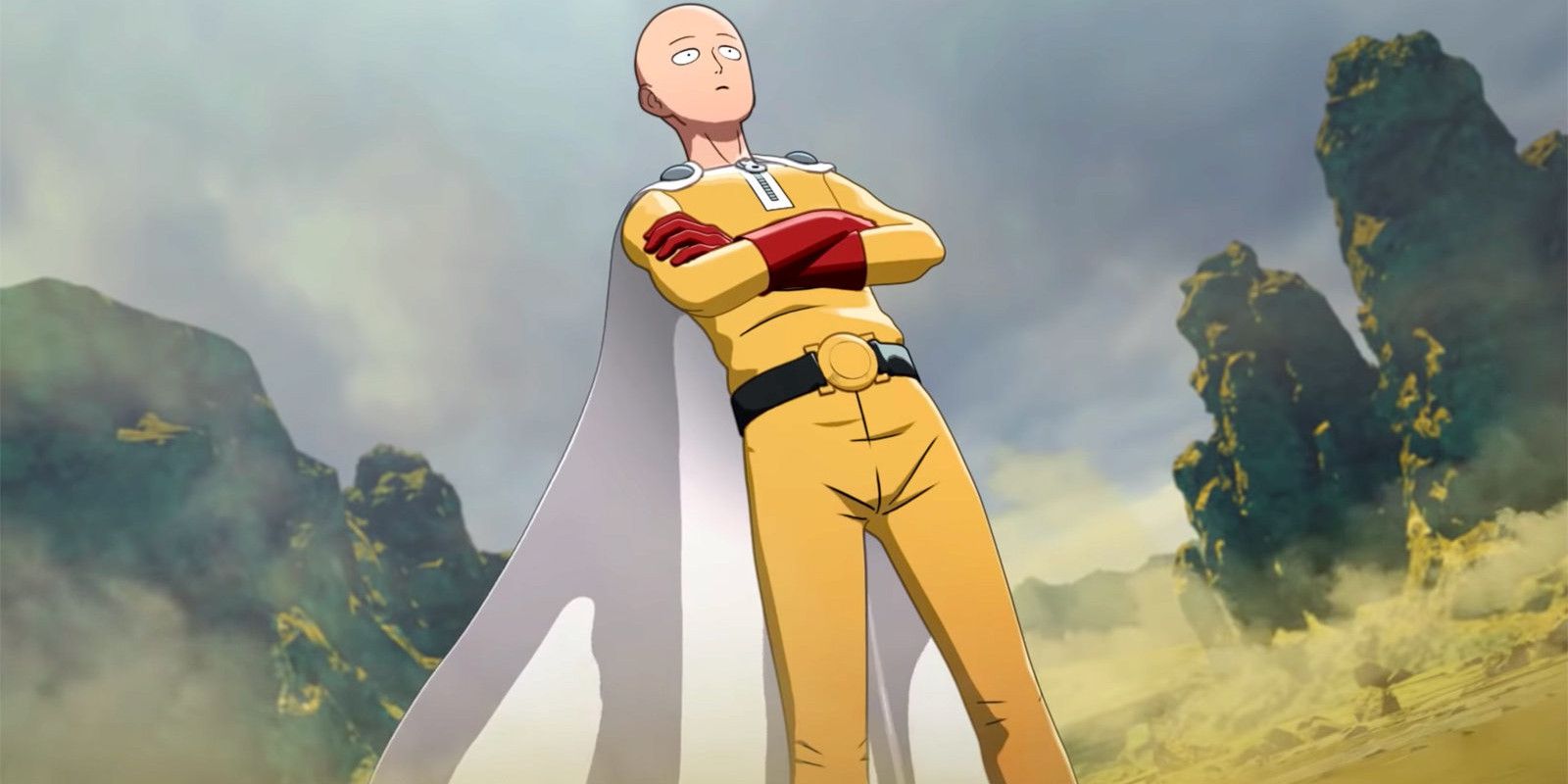Japanese manga has long dominated the Asian comics market so completely that, for decades, very few Westerners were even aware of the existence of similar comics being created anywhere else. In the United States, manga and anime are still thought of as being inherently Japanese. However, just as the continued digitization of our world is changing the landscape for American comics, it's beginning to have an impact on the manga industry as well.
Demonstrative of this is the increasing readership of Korean manhwa around the world -- including in Japan. Recently, it was announced that the manhwa Tower of God would be receiving an anime adaptation, a turn of events which is still pretty uncommon, but -- if the anime industry is anything like the manga industry -- it's one that is only going to become more commonplace.
The steady rise in popularity of manhwa in both the West and Japan stems from it being fundamentally more suited to being read in digital formats. Whereas manga is -- for the most part -- read right to left, manhwa is read top to bottom so that it can be scrolled through on a phone or tablet, and often released for free or, at least, for cheaper than purchasing a manga magazine like Shonen Jump or a tankōbon. Beyond the formatting, manhwa is traditionally made in full color instead of black and white like its Japanese counterpart. These two things make it incredibly appealing to the digital natives of the world who are both accustomed to reading on their phones and watching anime presented in full color. Combining this appeal with ease of access has made Webtoon into the largest webcomic publisher, as well as one of the most successful comics publishing companies in the world.
The announcement that Tower of God would be made into an anime series was a surprise, in that, while the comics may be popular it is still increasingly rare that manhwa receives that sort of attention. One-Punch Man is the obvious example of a webcomic that has been adapted into an anime (and a traditional manga, too) but as of now, examples are still few and far between. Noblesse, another hit manhwa, is one of the only examples before Tower of God.
However, Tower of God has been one of the most popular manhwa series in the world for some time now, and a loyal fanbase is one of the biggest determinants of whether or not something will be made into an anime. So, we can likely view this as somewhat of a test. The manga and anime publishers in Japan are resistant to manhwa, and so a lot is riding on the success of the Tower of God anime. If the adaptation goes well then we are likely to see other well-known manhwa series like Girls of the Wild, Solo Leveling, The Breaker or Bastard receive anime adaptations.
A big part of the reason that it's taken so long for something like Tower of God to be turned into an anime has a lot to do with Japanese reticence to fully embrace the new form of storytelling. For the tried and tested industry professionals at big companies like Shueisha and Kodansha manhwa is still too new to be committed to fully. As of now, Shonen Jump Plus carries a handful of Webtoons oriented in the newer vertical format, but for the most part, the editors wish to stay true to the traditional look and formatting of Japanese manga.
Webtoons are most popular among the younger generations who are turning away from the traditional print manga in favor of reading on their phones. This means that while the purveyors of print manga are more or less the popularity of manhwa, companies like Line Corp, which runs Line Manga -- the most popular manga app in the country -- are particularly fond of the digitally optimized comics. Companies like Line have a lot to gain not only from the reading of manhwa but also the creation of anime adaptations which will eventually lead viewers who haven't read the source material to begin looking into the manhwa in the tried, true, and lucrative cycle which has benefited manga so thoroughly.
Oddly enough, however, there has been some resistance from Japanese manhwa fans as well, which is based in a way of thinking that could serve to severely affect the success of the Tower of God anime. When manhwa is translated into Japanese it also undergoes serious localization, a process which in most cases effectively scrubs away anything distinctively Korean. This goes beyond simply replacing phrases or titles and can sometimes involve changing the art to make the world the story takes place in look more Japanese. This is done so thoroughly that many Japanese readers don't even realize that what they're reading comes from Korea. For example, in the Japanese version of Tower of God, the main character, Bam is named Yoru. This disconnect is so severe that there was a considerable fan backlash when Young Gangan (a popular manga magazine) released a series that kept the Korean names of its characters intact. This was an attempt by one of the magazine's editors to bridge the gap between Japan and Korea, but instead it only illustrated the intense feeling that manga belongs to Japan and no one else.
The adaptation of Tower of God is an important first step toward further bridging the gap between the Japanese and Korean comics industries, and thus a lot is riding on its success. If the show performs well, studios will likely look to pick up more manhwa for adaptation and thus the Japanese manga industry will also be urged to explore more webtoon style publications. While this will all be done in the name based upon the mostly monetary incentive, the result will be a wider variety of comics and anime, and we're all for that.



